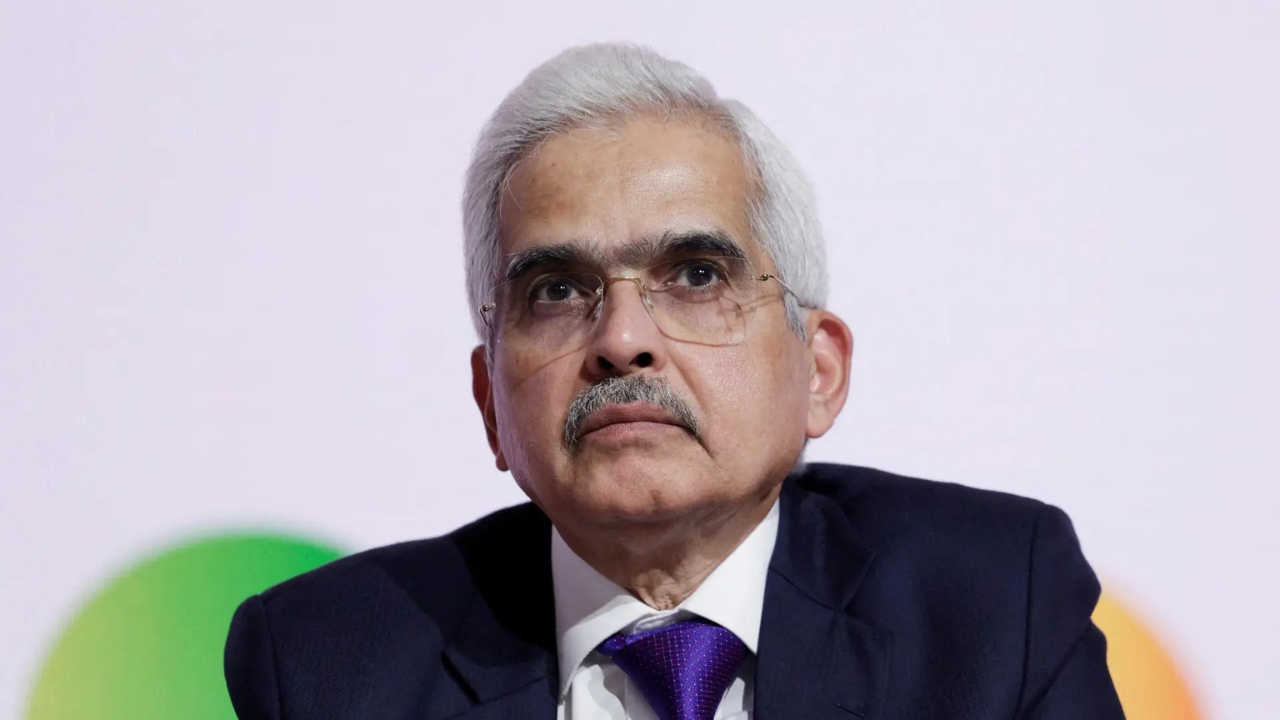
DEVELOPMENTS in liquefied natural gas (LNG) are getting off the ground in the Philippines with the private sector given the go-signal to proceed with the construction of several LNG facilities.
During the forum titled "Advancing Energy Security: Fueling Sustainable Progress with Liquefied Natural Gas" organized by Stratbase Institute in partnership with CitizenWatch Philippines on June 18 at Makati, Energy Secretary Raphael Lotilla said they have also issued regulations for the local LNG industry so it can contribute more to the country's energy security.
"The DoE (Department of Energy) has issued four permits to construct' for LNG structures and three notices to proceed to LNG proponents as of May this year," Lotilla said.
"Moreover, the agency has also recently issued the Amended to Philippine Downstream Natural Gas Regulations to support as well the exploration and development of indigenous natural gas and prioritize its utilization to attain energy security," he added.
According to the DoE, the four LNG infrastructure projects that were issued permits are for FGEN LNG Corp.'s interim floating storage and regasification unit (FSRU) LNG terminal; Linseed Field Corp.'s floating storage unit (FSU) and onshore regasification unit, and 60,000-cubic meter buffer LNG storage tank; Luzon LNG Terminal Inc.'s FSRU LNG terminal all located in Batangas; and Energy World Gas Operations Philippines Inc.'s onshore LNG storage and regasification terminal in Quezon province.
Meanwhile, the three projects were given notices to proceed: Vires Energy Corp.'s FSU and onshore regasification terminal and Shell Energy Philippines Inc.'s FSRU LNG terminal both located in Batangas; and Samat LNG Corp.'s small-scale LNG terminal in Bataan.
In the same forum, energy stakeholders said that as LNG investments continue to take root in the Philippines, there is a need for continued collaboration between the public and private sectors to ensure energy security and sustainability amid the country's transition to renewable energy (RE).
Lotilla said that the exploration and development of RE resources including the building of necessary infrastructure will certainly take time, making it essential to have a reliable energy source like LNG in the interim.
"This is where LNG plays a crucial role, serving as a cleaner substitute for traditional fossil fuels and a more reliable source than renewable energy," Lotilla said.
For his part, Sen. Sherwin Gatchalian, vice chairman of the Senate Committee on Energy, said that collaborative efforts between the public and private sectors are crucial in adopting on a wider scale cleaner energy sources like LNG.
This is the reason he filed at the Senate the proposed Midstream Natural Gas Industry Development Bill, which aims to strengthen existing policies to unlock the potential of natural gas as a vital source of energy for the country.
"This proposed measure will allow private sector participation across the entire value chain and provides flexibility for the government to adapt to evolving market conditions, among other provisions," he said.
Stratbase Institute President Dindo Manhit likewise urged the government and private sector to work closely with each other to jumpstart the country's LNG industry.
"Aside from the energy stability and environmental benefits, developing LNG as a stable source of power will foster more infrastructure development, technology transfer, job creation, and trade, all of which will substantially contribute to the country's overall economic growth and prosperity," Manhit said.
Read The Rest at :


